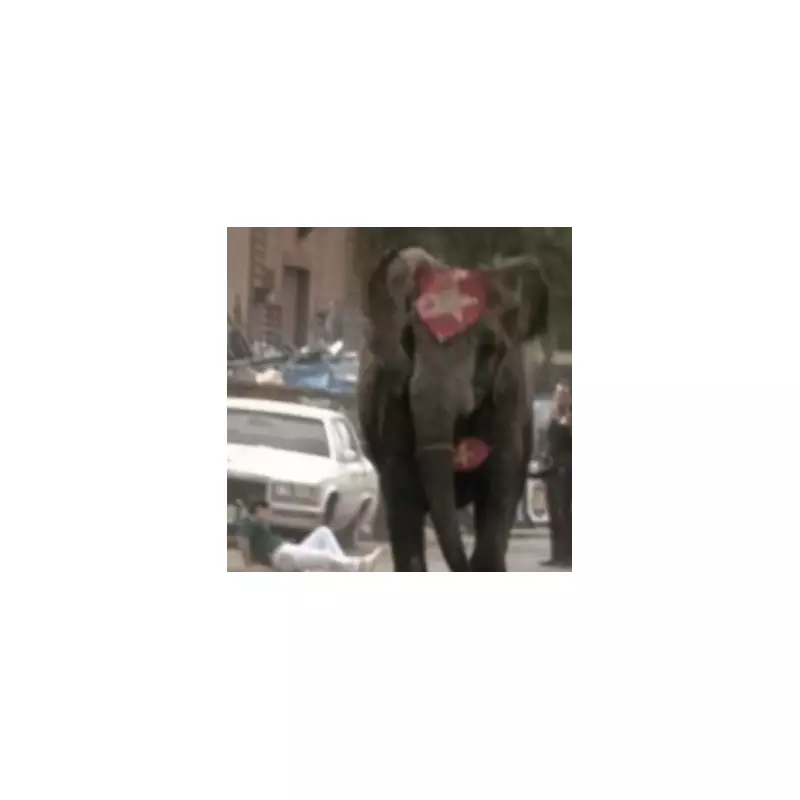
The terrifying final performance of Tyke, a circus elephant, ended in bloodshed and tragedy on the streets of Honolulu, leaving an animal trainer dead and sparking a major shift in animal welfare laws.
A Performance Turns to Panic
On August 20, 1994, a routine show at the Neal Blaisdell Centre in Honolulu, Hawaii, descended into horror. Tyke, a 20-year-old African bush elephant forced to perform with Circus International, turned on her handler during the act. Audience members initially believed the scene of the elephant kicking an object was part of the entertainment.
One eyewitness chillingly recalled to the Honolulu Star-Advertiser: “We thought it was part of the show.” The grim reality quickly became apparent. Tyke was trampling her trainer, Allen Campbell, in front of the crowd. Panic erupted as spectators realised the horror was real and scrambled for the exits.
Chaos on the Streets of Honolulu
In the ensuing pandemonium, Tyke broke free from the arena and burst into the busy downtown streets of Honolulu. The escaped elephant charged at pedestrians and smashed into vehicles, sending drivers and onlookers fleeing for their lives. Authorities rushed to the scene, attempting to subdue the enraged animal, but the situation spiralled out of control.
With public safety at extreme risk, police were left with no choice but to open fire. They shot the giant animal multiple times as she rampaged through several city blocks. Weakened by her injuries, Tyke eventually collapsed. She did not die immediately, but later succumbed to massive nerve damage and a brain haemorrhage.
The Legacy of a Tragedy
Tyke’s death was not an isolated incident. Prior to the fatal Honolulu rampage, she had broken free on two other occasions in 1993—once in Altoona, Pennsylvania, and again in Minot, North Dakota—foreshadowing the distress that would lead to tragedy.
Animal rights groups, including PETA, seized on the event as a stark warning. The organisation later stated that Tyke’s death demonstrated the deadly consequences of forcing frustrated animals to perform. This public outrage provided the momentum for legislative change in Hawaii, culminating in a ban on using exotic wild animals in travelling shows.
Today, a memorial plaque for Tyke can be found in the pet cemetery at the Valley of the Temples Cemetery in Honolulu, a sombre reminder of the event that helped transform animal welfare standards in circus performances.





